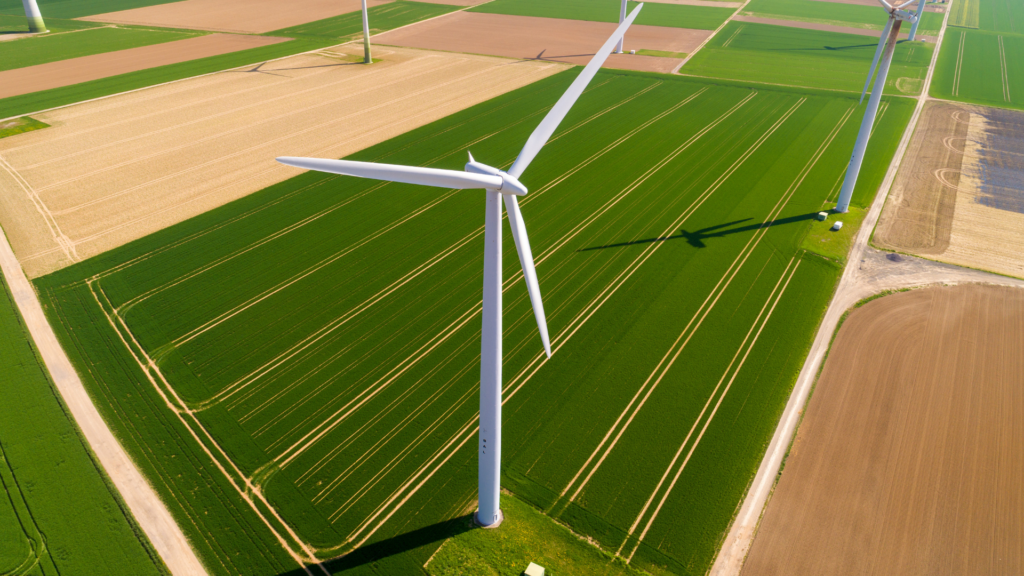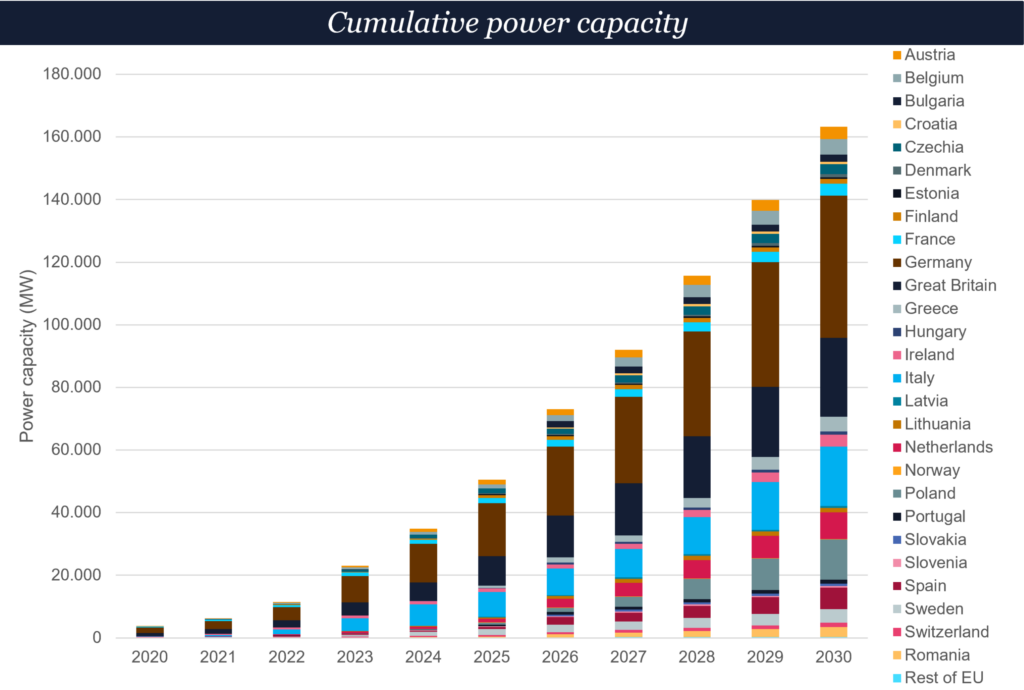03.02.2025 / Members News
Naturgy and CIUDEN successfully launch their first second-life vehicle battery project for energy storage
Naturgy, in collaboration with the City of Energy Foundation (CIUDEN) attached to the Institute for Just Transition (ITJ) under the Ministry for Ecological Transition and Demographic Challenge (MITECO), has successfully completed the first tests for the installation and commissioning of an energy storage system based on second-life batteries from Mercedes-Benz electric vehicles. Batteries used for the tests are sourced from two origins: either they were discarded at the factory due to temporary degradation or they were decommissioned after road use.
In the framework of this project, approximately 0.5 MWh of energy storage capacity has been installed using these second-life battery systems. Over the next two years, extensive testing will be carried out to analyse how the batteries behave in different situations to gain insight into their performance and degradation under different usage scenarios, helping to determine their long-term viability and efficiency.
The potential of second-life batteries
Launched a year ago, this project allows the potential to be extracted from batteries that are no longer suitable for automotive use. Far from being unusable, second-life batteries can be used in other ways, thus generating economic and environmental benefits. Putting them to new use before recycling reduces waste generation and mitigates the exploitation of natural resources, such as the minerals needed for their manufacture. This initiative is consistent with the energy transition, where storage solutions must be as sustainable as the energy sources they support.
Once batteries reach the end of their useful life in electric vehicles, they still retain 70-80% of their capacity. This residual capacity makes them ideal candidates for stationary applications such as renewable energy storage or for serving the grid. Reusing them extends their life cycle, reduces their environmental impact and increases the proportion of clean energy that is integrated into the grid. Economic benefits are also generated by reducing the costs associated with their disposal and turning them into a valuable residual asset.
With this project, the storage systems generated, which are more powerful and last longer than the vehicle batteries they are based on, will enable energy storage both in projects hybridised with renewable plants and stand-alone, so that their applications can be diverse and provide support services to the electricity grid. This system can be made up of as many battery modules as storage capacity is required, and it is a solution that could be used both to support the electricity grid and for industrial and residential use associated with self-consumption installations.
Naturgy and CIUDEN, an alliance for sustainability and innovation
This project is a clear example of circular economy, as it takes advantage of existing resources – second-life batteries from electric vehicles – prolonging their useful life and reducing the environmental impact generated by their recycling. In addition, the energy storage sector is key to ensuring the stability and flexibility of the electricity grid, which is essential as the penetration of renewable energy increases.
With this in mind, Naturgy Innovahub and CIUDEN signed a collaboration agreement in 2023 to evaluate the performance of second-life batteries over two years of testing. The project is being developed at the CIUDEN Technology Development Centre in Cubillos del Sil (León) and will include the participation of European startup Octave, which will be responsible for reconditioning the batteries, as well as developing and integrating the control software for the storage system.
This joint initiative underlines the commitment of both entities to technological innovation and sustainability, especially in the field of energy storage, a fundamental pillar in the transition towards a more sustainable and decarbonised energy model. Both organisations are committed to turning today’s waste into tomorrow’s energy solutions.



